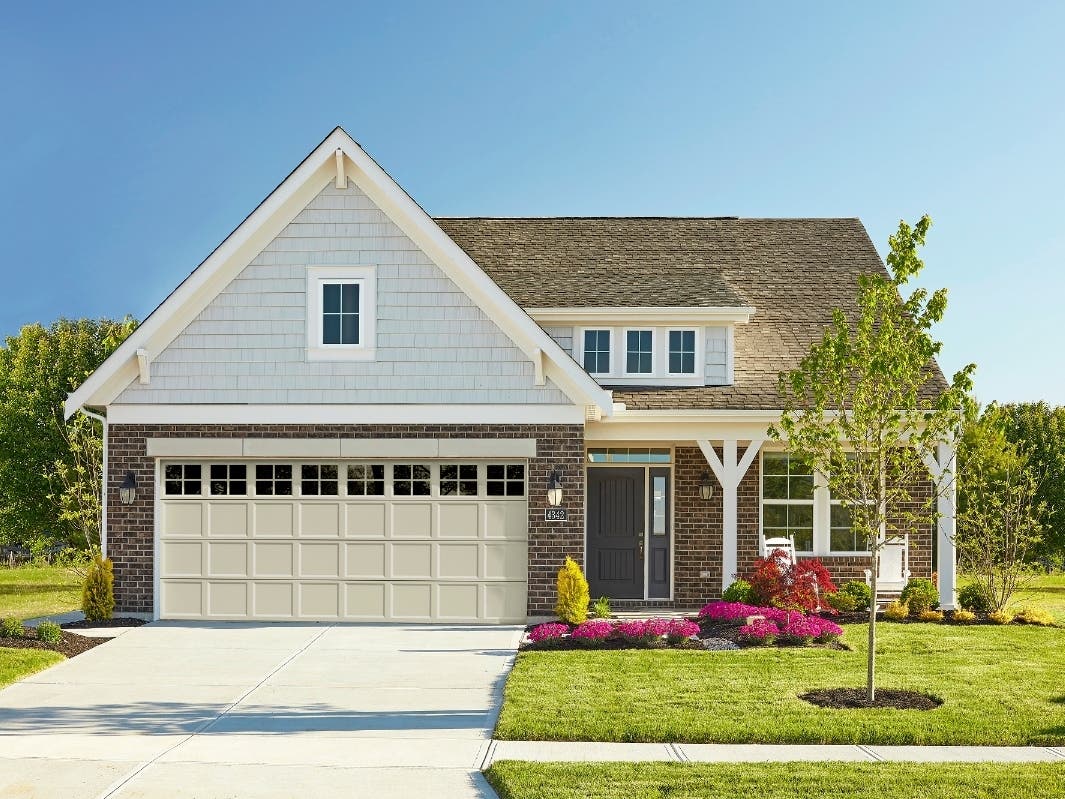
Continuing care retirement communities (CCRCs) provide a wide range of care services, including assisted living, nursing care, social services, and independent living. Many New Yorkers move to states with more CCRCs. As more people choose CCRCs, the trend is expected to continue. Continue reading to learn more about continuing care retirement communities. These communities are great for seniors with greater medical needs than the typical senior citizen.
CCRCs allow for independent living
CCRCs offer a full range of care including independent living, assisted living, skilled nursing, rehabilitation, and skilled nursing. Unlike independent homes, CCRCs can provide all senior care under one roof on the same campus. Residents don't have to worry about housekeeping or activities, since all of these are part of their monthly fee. With so many choices, it will be easy to find the one that suits your needs.

Assisted Living
Assisted living is available in a continuing care retirement home (CCRC). This community offers multiple levels of assistance for residents. These communities are often referred to as "one-stop-shops" and can provide care for your loved one, from daily living activities to more complex care, up until the time they die. These communities are best suited for seniors who are still capable of independent living, but need assistance with daily tasks. Additional to daily care, assisted housing facilities may also provide transportation, laundry services, and basic medical service such as medication management or access to onsite pharmacies.
Skilled nursing assistance
Skilled nursing care in a CCRC usually is not necessary but it may be an alternative for some residents. Some residents may need temporary care, but most residents are permanently in a nursing home because of a medical condition. For more information, visit Medicare's Nursing Home Compare and read its tips for choosing a nursing home. Continuing care retirement villages offer many different levels of care all in one location. Many CCRCs offer independent and assisted living, as well as healthcare services and activities. This allows residents to be independent and receive skilled nursing care.
Social services
Where an older person lives will determine their quality of life. While most older people continue to live independently in their own homes or apartments, others prefer to live in an organized community, such as a CCRC. Despite the risk of isolation and a diminished quality of life, CCRCs offer a variety of benefits and services to residents. A CCRC is a great choice if you are looking for a home for an aging loved one.

They will accept Medicare
While some CCRCs may not accept Medicare, most do. Contracts for these facilities should detail exactly what you are allowed and not permitted to pay. Some facilities will accept Medicaid. Other facilities may require that you pay an entry fee. It is a good idea to visit CCRCs at least once a week, have a chat with staff and residents, and get scanned copies of the resident handbook. This will allow you to decide if they would be right for you.